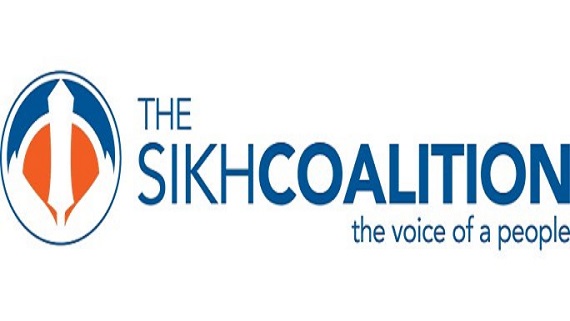World News
Nepal should end discrimination in earthquake relief effort: Anmesty International
June 3, 2015 | By Parmjeet Singh
New Delhi: Thousands in need of aid following the Nepal earthquake risk being left to fend for themselves amidst worrying signs that gender, caste and ethnic discrimination are inhibiting the aid effort, Amnesty International said in a briefing. The organization urges authorities and the international community to put human rights at the core of the earthquake response.
“The devastating earthquake that hit Nepal has killed thousands and left hundreds of thousands in dire need of aid. Nepali and international actors – including civil society – have responded to this humanitarian crisis heroically, but there are some serious issues brewing that need to be addressed urgently,” said Raghu Menon, Amnesty International India’s Advocacy Coordinator.
“A human rights compliant approach to the disaster response will be critical to ensuring that the quest for equality, justice and accountability in Nepal does not lose ground as the country struggles to recover from the devastation.”
An Amnesty International delegation that visited Nepal in the aftermath of the 25 April earthquake found that groups who are often the target of discriminatory treatment in Nepal, including women who head households, Dalits, Indigenous Peoples or people with disabilities, are also facing increased challenges when accessing urgently needed relief.
![[File Photos]](https://sikhsiyasat.net/wp-content/uploads/2015/06/Nepal-Earthquake2-e1433346461419.jpg)
[File Photos]
“Survivors report that in some communities the aid effort has been politically manipulated. Those with ‘muscle’ – political connections – end up claiming desperately needed supplies meant for everyone. All actors involved in the relief and reconstruction effort must ensure that human rights principles are fully respected,” said Raghu Menon.
Protection and respect for human rights have been severely weakened by Nepal’s unsettled political climate leading to a governance vacuum at local levels. Impunity persists for alleged gross human rights abuses, including enforced disappearances, a hallmark of the country’s decade-long armed conflict that ended in 2006, as do longstanding problems of discrimination and social exclusion that affect large segments of Nepali society.
Amnesty International also cautioned the Nepali government and army against playing politics over the relief efforts. In early May, Nepali authorities denied access to three UK Chinook helicopters meant to assist in aid delivery, even though many affected villages were only accessible by air.
While media reports suggest aircraft from other countries were also turned down, diplomatic sources confirmed that Nepal’s refusal was at least partly due to the army’s resentment with the UK government over the ongoing prosecution of Colonel Kumar Lama in the UK, a Nepali army officer accused of torture during the country’s civil war (1996-2006).
“Under international law, Nepal has a duty to ensure that aid reaches those who need it – regardless of where it is coming from. Playing politics with people’s lives is deplorable,” said Raghu Menon.
To Get Sikh Siyasat News Alerts via WhatsApp:
(1) Save Our WhatsApp Number 0091-855-606-7689 to your phone contacts; and
(2) Send us Your Name via WhatsApp. Click Here to Send WhatsApp Message Now.
Sikh Siyasat is on Telegram Now. Subscribe to our Telegram Channel
Related Topics: Amnesty International, Nepal Earthquake




